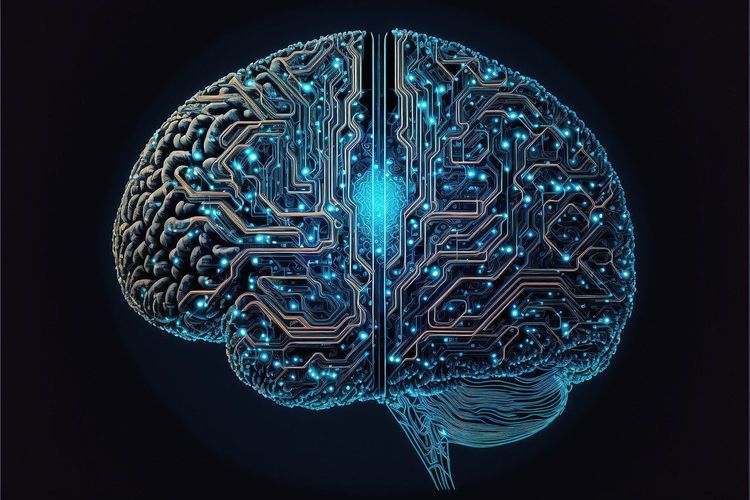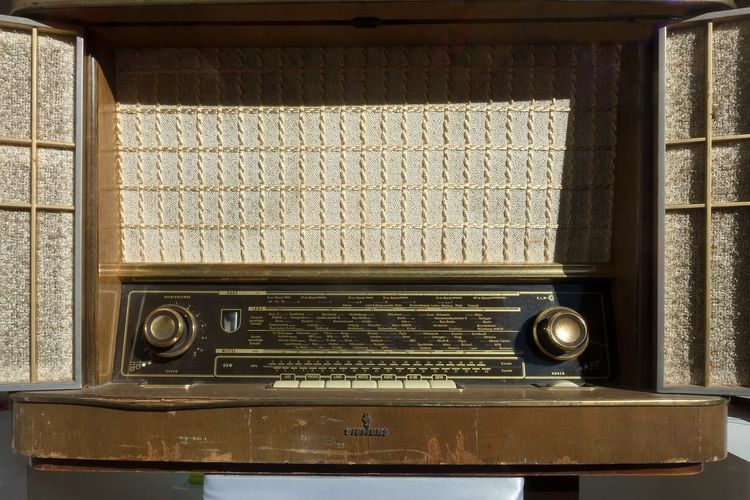Visual Artists Celebrate Forward Momentum in Copyright Case Against AI Companies
A group of visual artists has received a significant boost in their class action lawsuit against leading AI image and video generation companies. A judge has ruled that their copyright infringement case can proceed into the discovery phase, allowing for further examination of the companies' practices.
Case Overview
Filed in January 2023 under case number 3:23-cv-00201-WHO, the lawsuit has undergone multiple amendments, with certain claims dismissed, including some as recently as today.
Artists Involved
The artists seeking justice include Sarah Andersen, Kelly McKernan, Karla Ortiz, Hawke Southworth, Grzegorz Rutkowski, Gregory Manchess, Gerald Brom, Jingna Zhang, Julia Kaye, and Adam Ellis. They allege that Midjourney, Runway, Stability AI, and DeviantArt violated copyright laws by using the open-source Stable Diffusion AI model, which they claim was trained on their copyrighted works without permission.
Judge's Ruling
Judge William H. Orrick of the Northern District Court of California has determined that the complaints about induced infringement are substantial enough to advance the case. The discovery phase will allow the artists’ legal team to access internal documents from the AI companies, potentially shedding light on their training datasets and operational methods.
Orrick stated, “This case alleges that Stable Diffusion is substantially built on copyrighted works, and whether this is a glitch or by design will be examined later. The allegations are sufficient to proceed.”
Reactions from Artists
Kelly McKernan expressed her excitement on social media, stating, “The judge is allowing our copyright claims to move forward! This is a HUGE win for us. I’m incredibly proud of our legal team and fellow plaintiffs!”
Karla Ortiz added, “Not only do we proceed on our copyright claims, but this ruling also puts companies using Stable Diffusion models at risk for copyright infringement.”
Technical and Legal Background
The lawsuit asserts that Stable Diffusion was developed using the LAION-5B dataset, consisting of over 5 billion images scraped from the internet. However, the dataset itself only includes links and descriptions, implying that the AI companies had to independently gather the actual images to train their models.
AI Companies’ Response
While the plaintiffs made progress, Judge Orrick dismissed their claims under the Digital Millennium Copyright Act (DMCA), which protects against the circumvention of digital rights management. Midjourney attempted to argue that its model’s reliance on “functional” elements from previous works should not constitute copyright infringement.
The artists allege that Stable Diffusion employs a technique known as “CLIP-guided diffusion,” which uses prompts, including artists’ names, to generate images. This neural network, developed by OpenAI, enables the identification of visual objects paired with text, facilitating the creation of training datasets.
Orrick noted that the way Midjourney utilizes artists’ names and features might lend credence to the plaintiffs’ claims of trade dress infringement, indicating that Midjourney’s practices could potentially breach copyright laws.
Looking Ahead
As the case progresses, it will be crucial to see how AI art generators justify their training practices and model outputs. This landmark lawsuit raises significant questions about copyright in the rapidly evolving AI landscape.
Read the full ruling .







